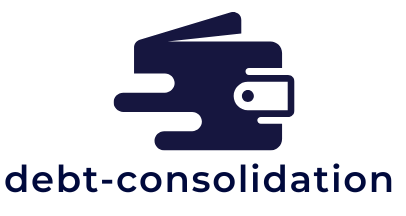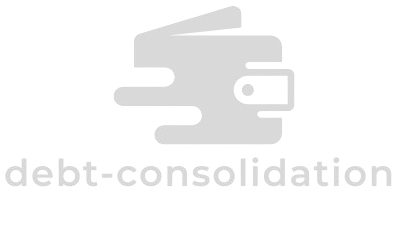What Is Debt Consolidation?
Debt consolidation means taking out a single new loan or line of credit (ideally with a lower interest rate) and using it to pay off several existing debts. These could be credit cards, car loans, or other types of debt. After consolidation, you only have one monthly payment and one interest rate to manage, which can make your finances easier to handle.
💡 Tip: A lower-interest loan can reduce your monthly payments and help you pay off debt faster.
Common Ways to Consolidate Debt
Balance Transfer
One option is to move your existing credit card balances onto a new card with a lower annual percentage rate (APR). Some cards offer a low or even zero-interest promotional period for transferred balances. If you pay off the debt before the promotion ends, you could save a lot on interest.
Keep in mind that balance transfers often come with a fee (usually 3–5%), and once the promotional period ends, the card’s regular APR applies. Late or missed payments can also trigger penalty rates.
Home Equity Loan
If you own a home and have built up equity, you may qualify for a home equity loan. Equity is the difference between your home’s value and what you still owe on your mortgage. A home equity loan lets you borrow against that equity and use the money to pay off other debts.
This type of loan typically provides a lump sum with a fixed interest rate, but it uses your home as collateral. That means if you can’t make the payments, you risk losing your home — so it’s a decision to weigh carefully.
Personal Loan
If you don’t have home equity or don’t want to use your house as collateral, a personal loan can be another option. These loans are usually unsecured, meaning no collateral is required. They often have fixed interest rates and a set repayment term, making it easier to plan for the end of the debt.
Personal loans may have lower interest rates than credit cards, so consolidating card debt this way can save money. However, some lenders charge fees, like origination or prepayment penalties, so it’s important to understand the terms before agreeing.
Is Debt Consolidation Right for You?
Debt consolidation could be a good idea if:
- You’d prefer to have only one monthly payment instead of several.
- You want a clear end date for paying off debt (common with personal or home equity loans).
- You qualify for a low- or zero-interest balance transfer credit card and can pay it off within the promotional period.
It might not be the right choice if:
- You think you’ll continue using the credit cards you just paid off, which can lead to more debt.
- The fees involved outweigh the benefits.
- Lower monthly payments mean paying more interest over a longer repayment period.
Debt Relief Considerations
Some people look for debt relief through settlement programs or counseling. While there are reputable credit counselors, there are also scams. Be cautious of companies that demand upfront fees or make promises that sound too good to be true. Debt settlement can sometimes reduce the amount you owe, but it may damage your credit and increase costs in the long run.

